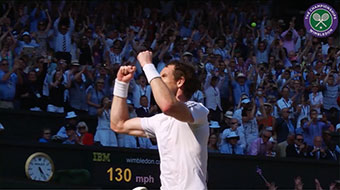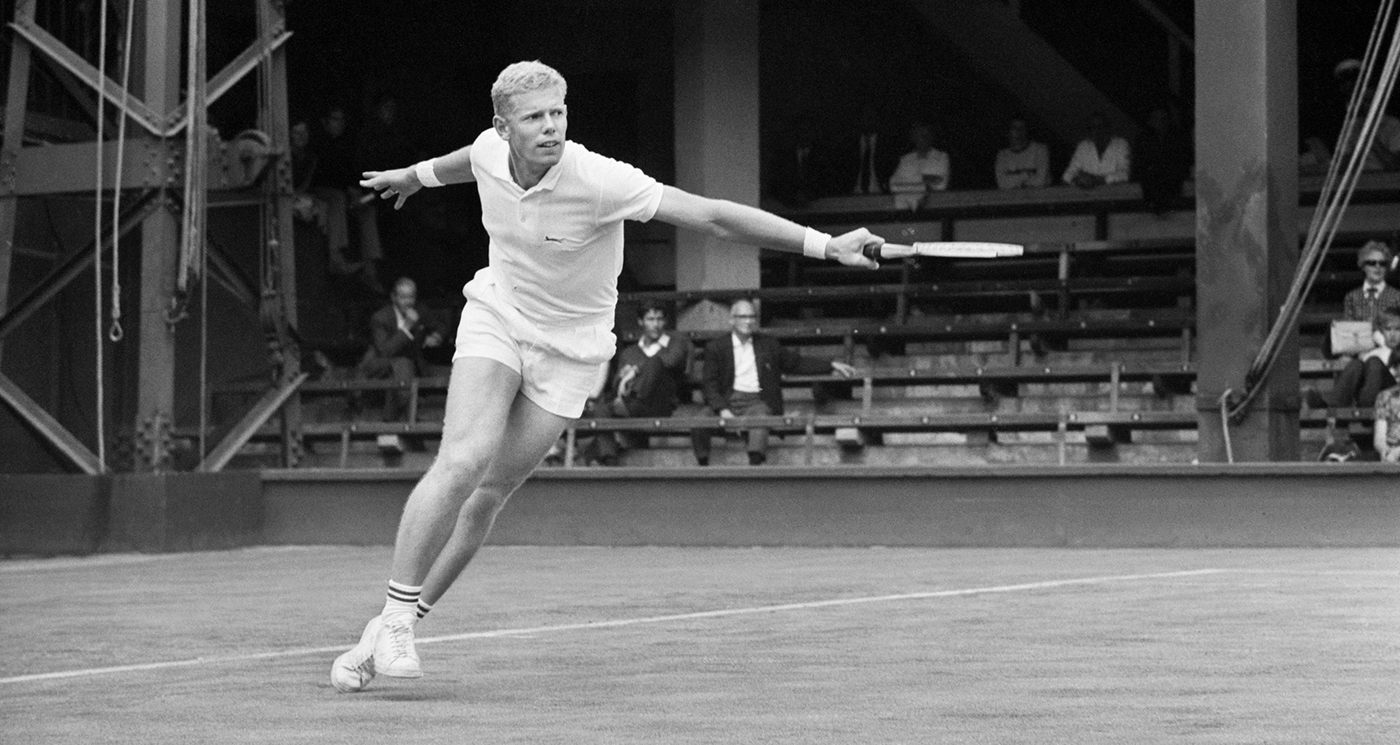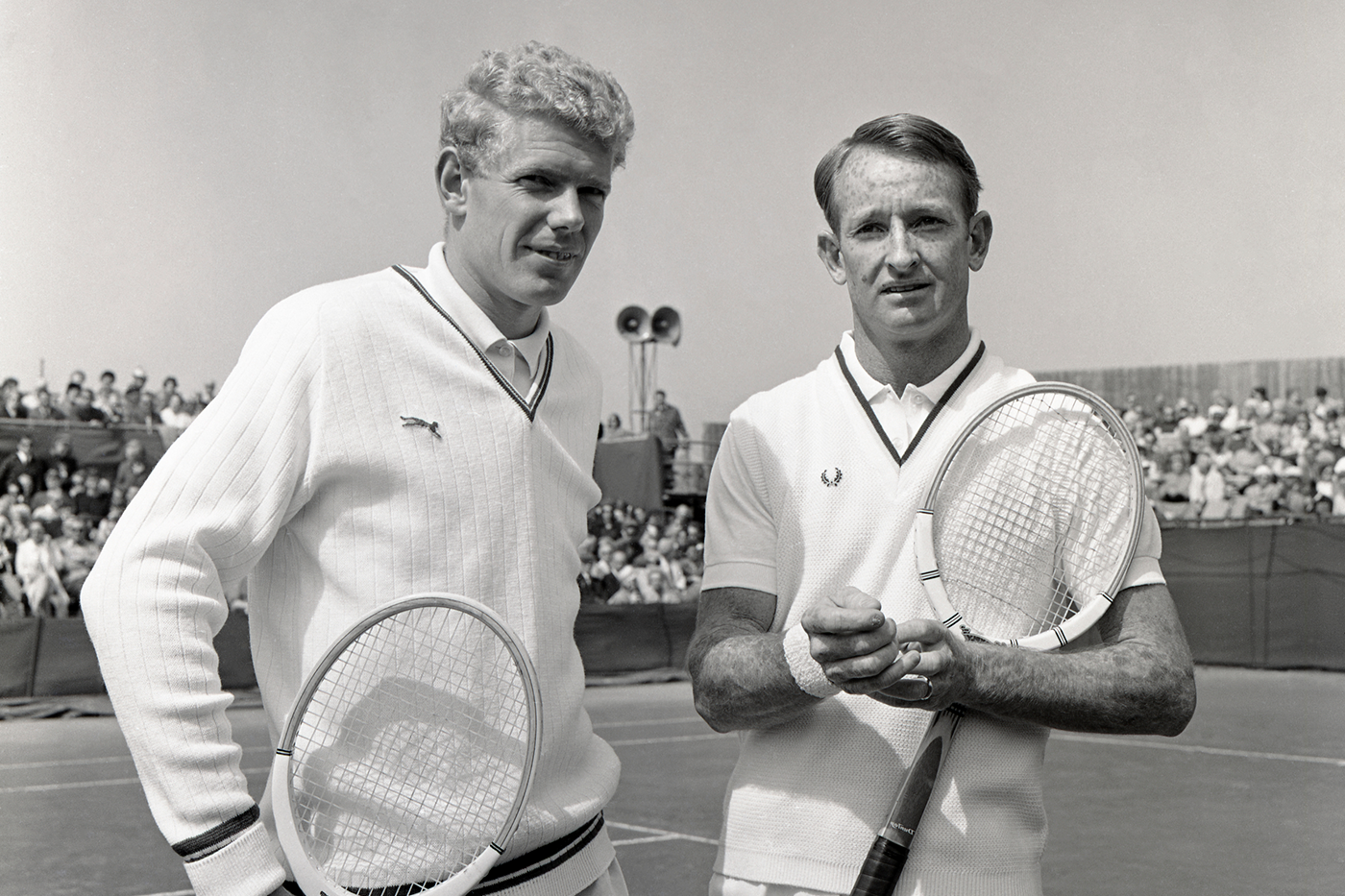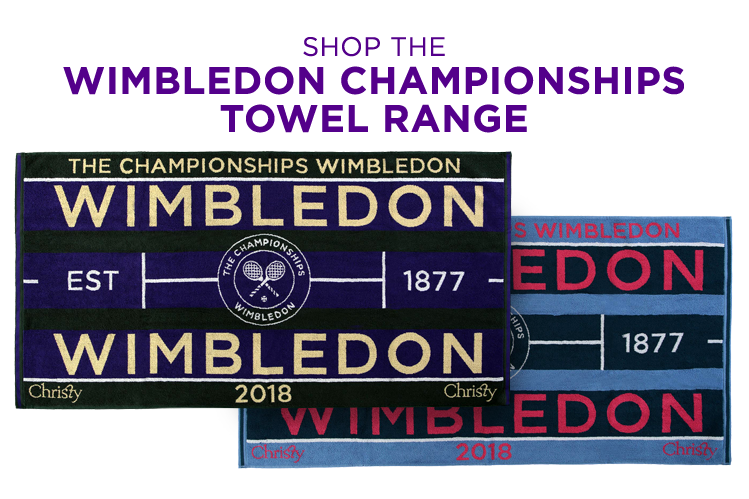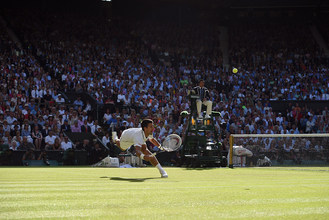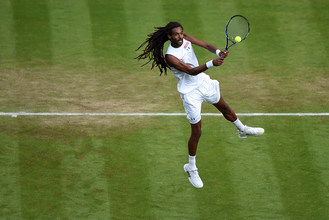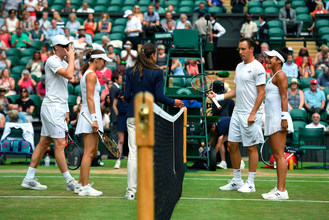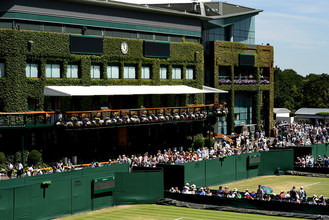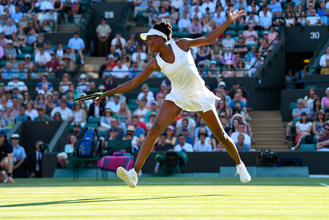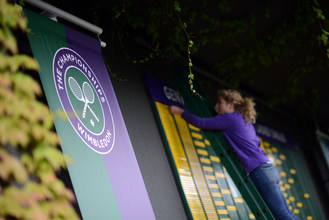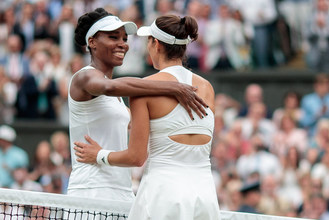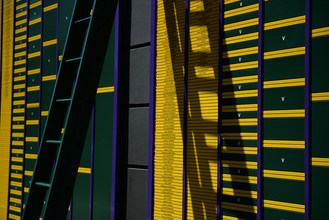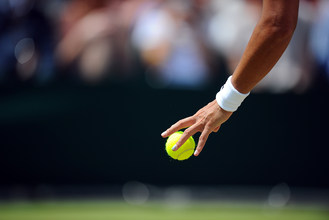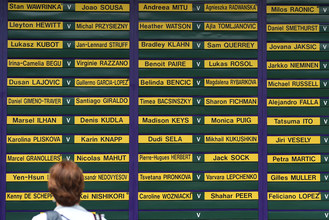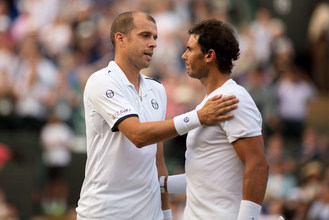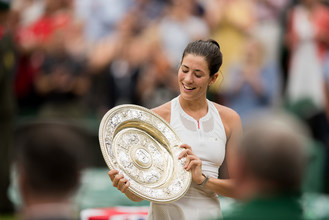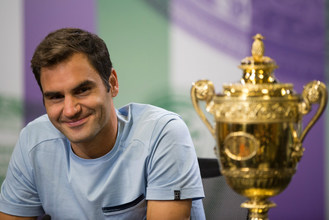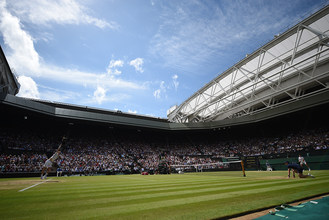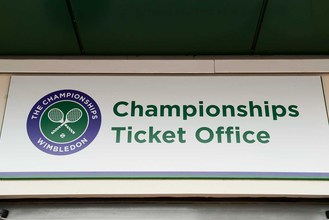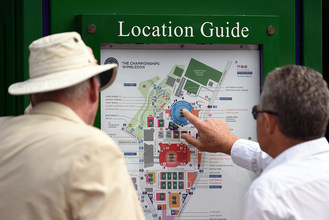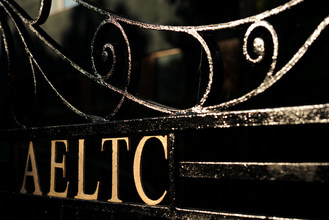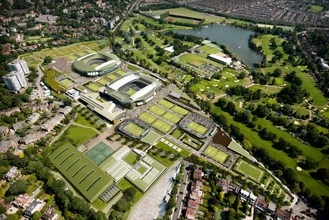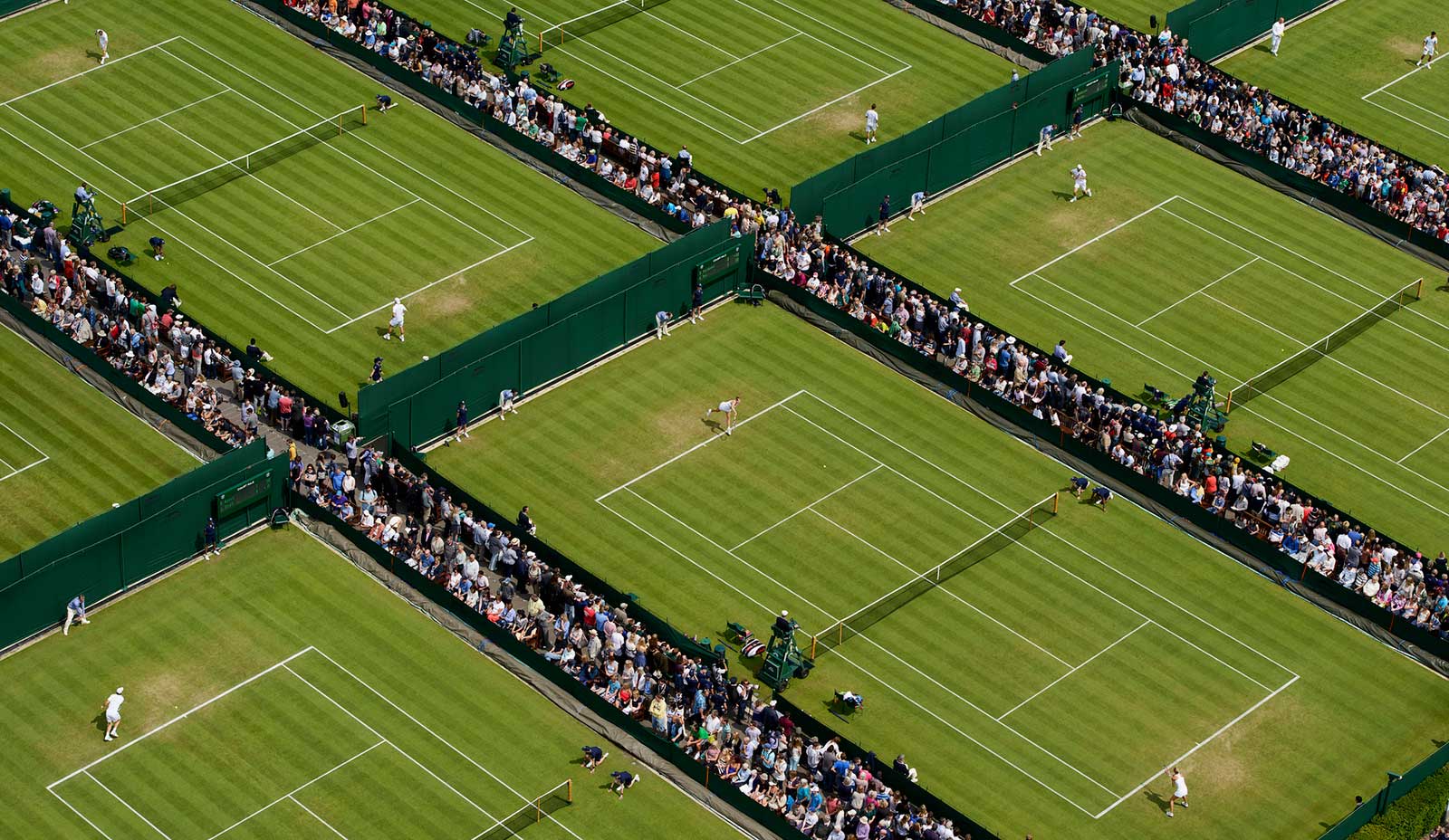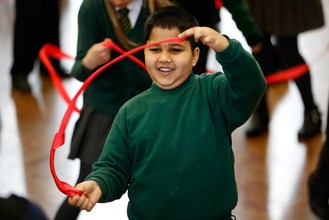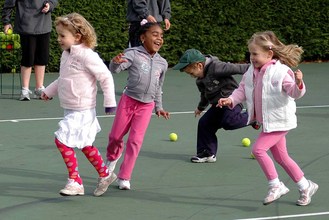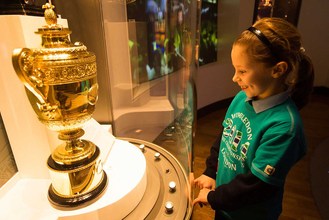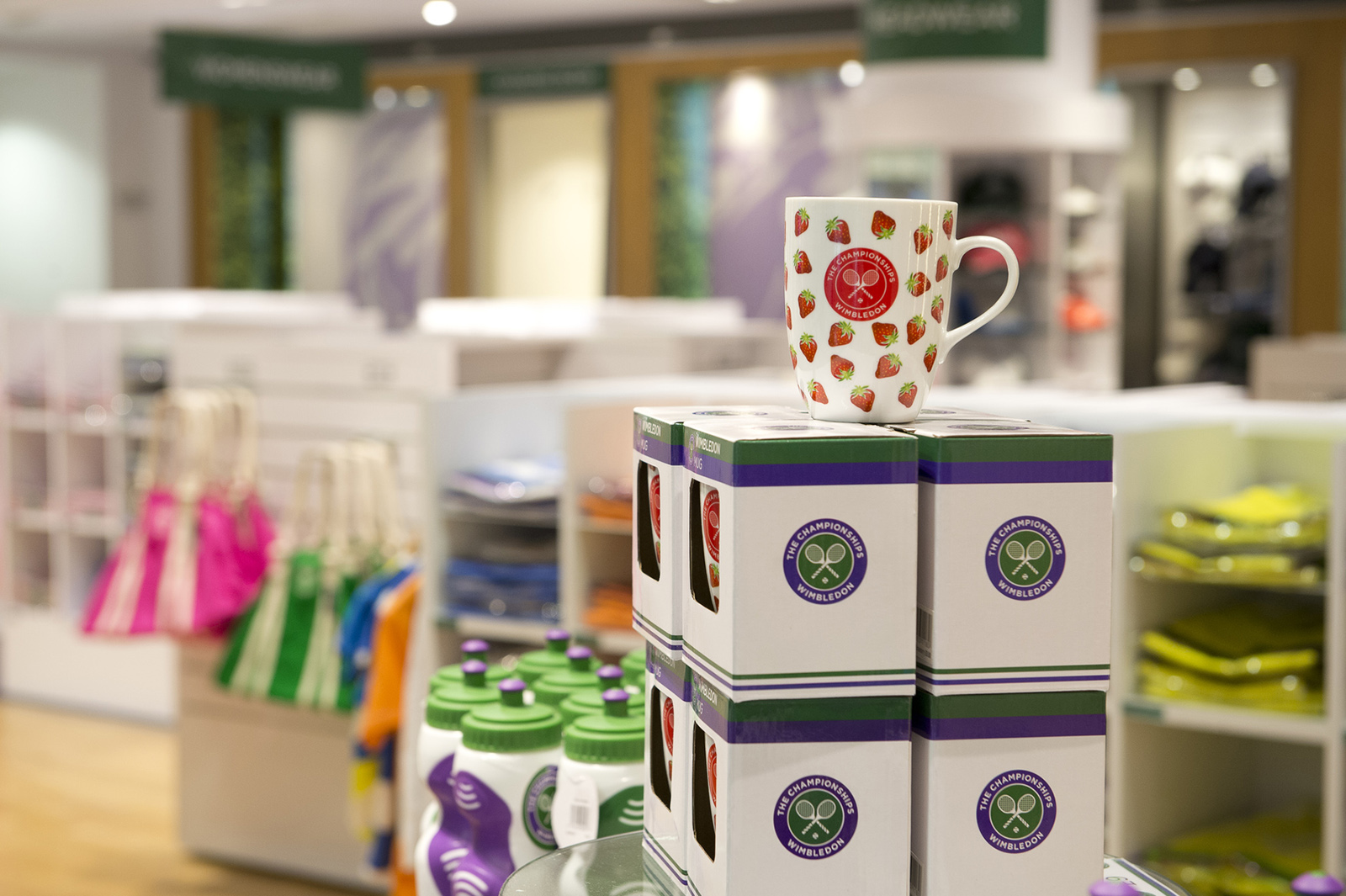These are nostalgic times for Mark Cox, who in the 1960s and 1970s was one of Britain’s finest players. The former world No.13, who bridged the amateur and Open eras, played at The Championships 19 times between 1960 and 1981. He reached the last 16 of the gentlemen’s singles three times and was twice a semi-finalist in the gentlemen’s doubles.
This year is the 50th anniversary of the first open Wimbledon in 1968, when Cox was a central figure in British tennis at a time of major change in the sport. At The Championships that summer he lost to the eventual winner of the men’s singles, the returning Rod Laver, in the fourth round.
Cox had also run into Laver little more than two months previously at the British Hard Court Championships at the West Hants Club in Bournemouth, which staged the very first tournament of the Open era.
Although Ken Rosewall won the title, it was Cox who created some of the week’s biggest headlines in Bournemouth with his victories over Pancho Gonzales and Roy Emerson. Cox eventually lost to Laver in the semi-finals, which featured the British amateur alongside three professionals making their return to the sport’s traditional fold.
Cox, who was at the West Hants Club on Sunday at an event to celebrate the 50th anniversary of the first open tournament, remembers being “stunned” by the publicity surrounding the event.
“At the time I didn’t realise how significant it was,” he said. “But I can remember that there were a lot of people here. The local crowds were perhaps aware of the significance of the event.
“Gonzales was a bit of a god in tennis terms. I remember seeing him play at Wembley when the pros came over here. He had an enormous reputation, though he wasn’t a particularly easy man to deal with. He was a very tough competitor and at the beginning of our match he was quite intimidating. But then things settled down, he got tired, I had everything to gain and he had everything to lose.
“I had played Roy Emerson before and our games gelled. I had a bit of a purple patch and I managed to win. But then of course Rod Laver taught me how to play the game.”
Cox had made his debut at The Championships in 1960 at the age of 16, when he qualified for the mixed doubles main draw alongside Frances Walton. He made his debut in the gentlemen’s singles two years later, losing in the first round to Australia’s Bob Howe.
It took Cox six more attempts to progress beyond the second round of the singles. In the first open Championships, in 1968, he overcame Gordon Forbes, Herb FitzGibbon and Daniel Contet before Laver beat him 9-7, 5-7, 6-2, 6-0 in the fourth round.
“At least I won a set,” Cox recalled. “But in the end Laver showed what a great player he was. He was also a great man. Those Aussies of that era were super blokes and great sportsmen.”
Cox reached the last 16 of the gentlemen’s singles on two other occasions. In 1977 he lost 6-3, 3-6, 4-6, 6-0, 7-9 to the American Billy Martin. “I think that was my best chance of going further,” Cox recalled. “I led 5-2 in the fifth set.”
Two years later Jimmy Connors beat Cox 6-2, 6-1, 6-1 in the fourth round. “I think we only had one rally in that match,” Cox smiled. “But I got on well with Jimmy actually, whereas some people didn’t. I remember hitting a serve against him and the racket slipped out of my hand. After he returned the ball I played the next shot with my hand and he did the same. It was a nice little bit of interplay.”
Cox twice went within one victory of reaching the final of the gentlemen’s doubles. In 1966 Cox and Alan Mills were beaten in straight sets by Bill Bowrey and Owen Davidson in the semi-finals. Eleven years later Cox and Cliff Drysdale suffered the same fate against Ross Case and Geoff Masters.
“I didn’t think I ever played particularly well at Wimbledon,” Cox recalled. “The great thing about Wimbledon is that the crowd are with you. But of course if things are not going quite so well you’re sensitive to their reaction – and that can be a burden. Some triumph in those situations, but I was never great with that. I wasn’t a hardened competitor. I don’t think I was tough enough, mentally and emotionally.”
A model of modesty, 74-year-old Cox insists that he was “a journeyman player”. However, he claimed plenty of significant scalps during his career. He knocked out Laver at the Australian Open in 1971, while among the players he beat at the US Championships and US Open were Connors, Rosewall, Tony Roche, Vic Seixas, Chuck McKinley and Tom Okker.
At the end of 1969 Cox turned professional. He went on to win 10 tour-level titles and reached his career-high position of No 13 in the world rankings in 1977 before retiring in 1981. “I still play today,” he says. “I still enjoy it. I lose a lot, but I still enjoy it.”

